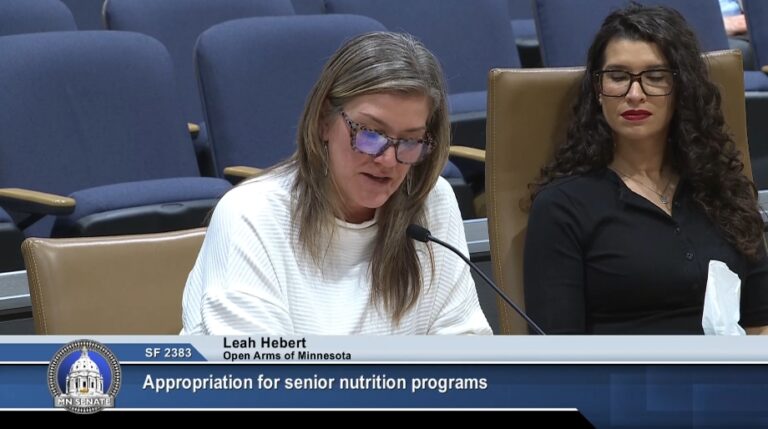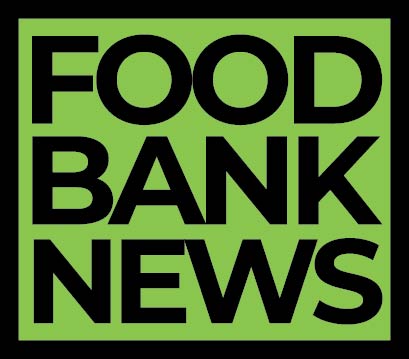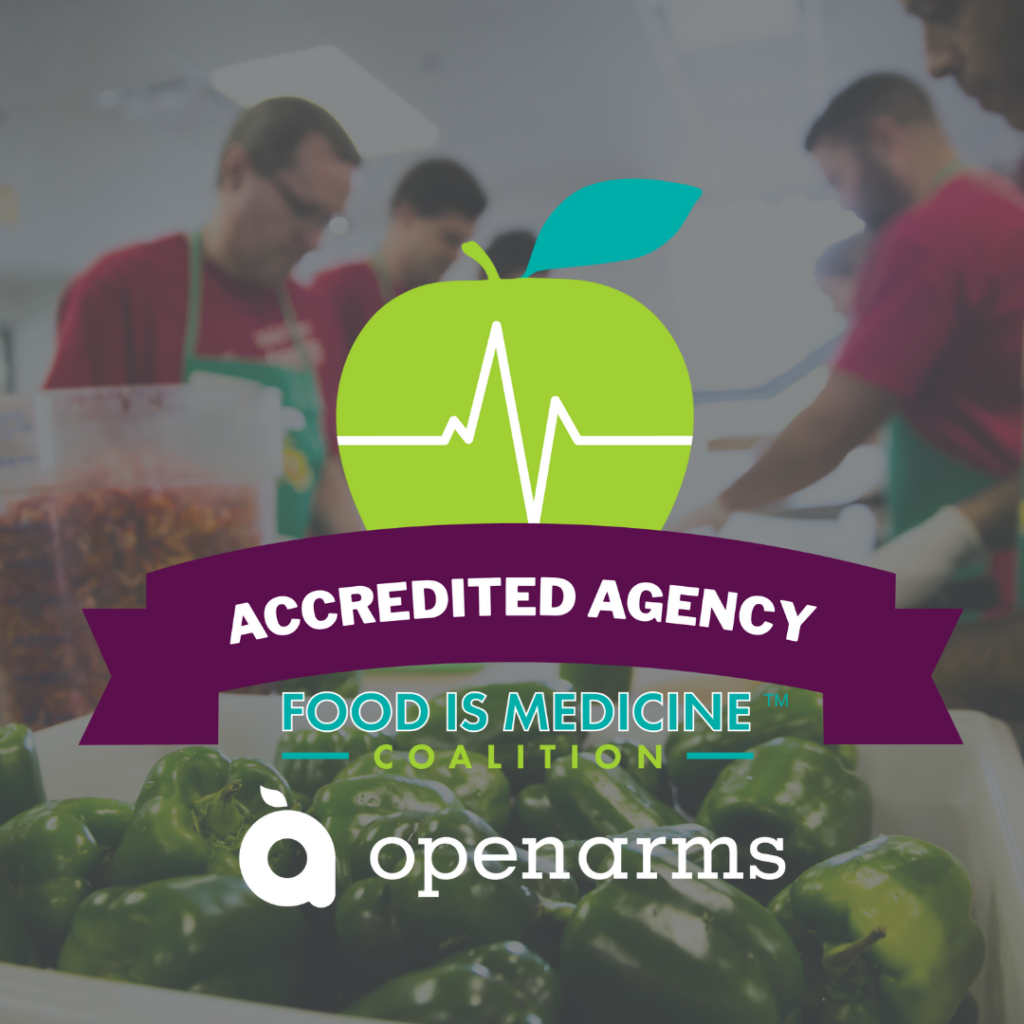By Gwen Hill MS, RD, LD
In my last post for National Nutrition Month, I talked about decreasing salt intake to limit sodium. Now let’s talk about the different kinds of salt.
Kosher, sea and iodized salts have all had their share of the spotlight recently. What’s the difference? They originate either from the sea or underground deposits, and each go through unique processing procedures. Chefs and bakers have their favorites, due to the texture that each possesses. Iodized salt is finer and dissolves more easily, making it preferable for baking. Kosher and sea salts are coarser, making them preferable for cooking. Kosher is cheaper than sea salt, making less of an impact on the wallet. But the most common question is, “Is one healthier than the other?”
Well, all of the salts have the same sodium content by weight. However, due to granule sizes, iodized salt appears to have a higher sodium content per measurement, as more granules fit into a teaspoon than the coarser sea salt and kosher versions. Here is the breakdown of sodium content in milligrams of the various salts per 1/4 teaspoon:
· ¼ tsp kosher salt = 480 mg sodium
· ¼ tsp sea salt = 480 mg sodium
· ¼ tsp iodized salt = 590 mg sodium
But there is a trade off to using kosher and sea salts instead of iodized salt…
Why is salt iodized?
In the early 1900s iodine deficiency was a problem, because the diets then did not contain foods that are naturally good sources of iodine. Iodine is necessary for the production of thyroid hormones, and a deficiency can lead to goiters, hypothyroidism and varying degrees of growth and developmental problems. The US salt industry added iodine to salt in 1924 based on Dr. David Marine and Dr. David Cowie’s research, which showed a significant reduction in goiters with the addition of iodized salt in the diet. Salt was the chosen vehicle for iodine due to its staple status in most American’s diets. Because many of these iodine deficiency symptoms are no longer prevalent in America, many think that we no longer need to monitor our iodine intake.
This is a misconception — we still need iodine in our diets to continue to prevent these problems. In fact, iodine deficiency is still accepted as the most common cause of preventable brain damage in the world. Over 70 countries in the world participate in voluntary salt iodization programs, because of these effects.
You can get iodine from other sources, such as seafood and seaweed. It may also be found in crops grown in soil that has a significant source of iodine. However, due to a world-wide phenomenon, iodine is rapidly depleting from soil due to erosion. The plants grown in the eroded soil contain lower amounts of iodine than before. Because most of us will not get the iodine we need from these sources, iodized salt is still one of the best ways to get the iodine we need to prevent deficiency.







